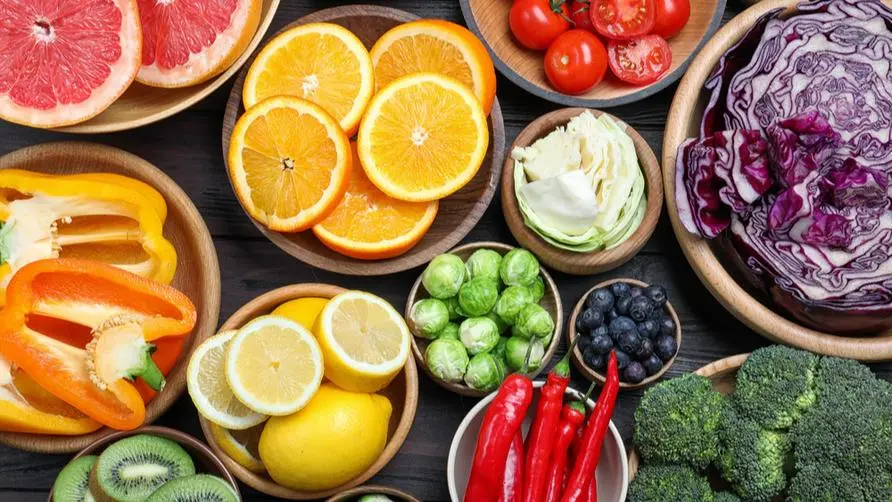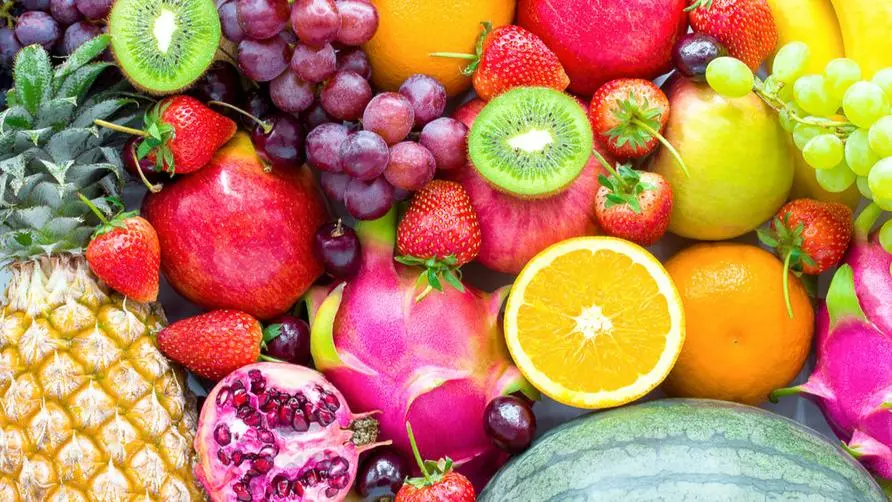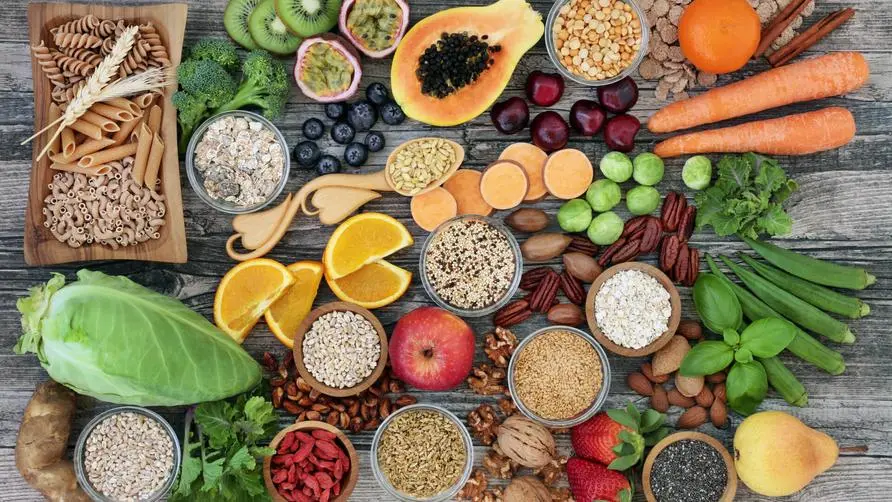Avoid developing a "pre-cancerous constitution" by eating this way! Nutritionists name 12 "most powerful cancer-preventing foods"

In 2021, “cancer” has topped the top ten causes of death among Taiwanese for 40 consecutive years. The age of cancer is decreasing year by year. We usually need to maintain our body through diet, and taking care of ourselves with diet is the most direct way. Nutritionist Cheng Hanyu said that if you can eat more foods with anti-cancer effects, you can easily regain your health and self-healing power and avoid cancer from coming to your doorstep. Nutritionist Cheng Hanyu further lists 12 “anti-cancer food lists” as follows:
1. Green cauliflower
Green cauliflower is rich in sulforaphane, a phytochemical found in cruciferous vegetables. An analysis of 35 studies found that eating more cruciferous vegetables was associated with a lower risk of colorectal cancer. It is recommended to consume green broccoli at least 3-5 times a week to help intestinal health.
2. Carrot
According to past research, consuming a moderate amount of carrots is associated with a 26% reduction in the incidence of gastric cancer and an 18% reduction in the incidence of prostate cancer. In addition, carrots can also help reduce the risk of lung cancer. It is recommended to add carrots to daily dishes and cook them together to increase the frequency of intake.
3. Beans
Beans or soy products are rich in dietary fiber, which has been linked to preventing colorectal cancer and promoting gastrointestinal health. It is recommended to consume beans at least once a day to help promote digestion and intestinal health.
4. Berries
Berries are rich in anthocyanins, which have powerful antioxidant capabilities. Studies have shown that consuming more berry foods such as blueberries, red berries and raspberries can help reduce colorectal cancer, oral cancer, esophageal cancer and other cancers. It is recommended to consume 1-2 servings of berries daily to increase antioxidant capacity.
5. Nuts
The study, which followed 30,708 participants over a 30-year period, found that regular nut consumption was associated with a lower risk of colorectal, pancreatic and endometrial cancer. It is recommended to eat 1 serving of nuts every day to get enough dietary fiber and a good source of fat.
6. Olive oil
Olive oil is a good source of fat. Previous research pointed out that the incidence of cancer in 28 countries around the world was investigated and it was found that in areas with higher olive oil intake, the incidence of colorectal cancer was significantly reduced. In addition, olive oil intake has been associated with a reduced risk of breast cancer. It is recommended that olive oil can be used as daily cooking oil, or mixed with salad for consumption.
7. Turmeric
Curcumin in turmeric has anti-inflammatory effects, and studies have linked it to the prevention of colorectal cancer. You can take 1-3 grams of turmeric powder daily to help your body fight inflammation.
8. Citrus fruits
Citrus fruits are rich in various vitamins. Studies have shown that consuming at least 3 servings of citrus fruits daily (one serving is 1 orange or 1 small tangerine) can reduce the risk of gastric cancer by 28%. In addition, the intake of citrus fruits is helpful in the prevention of digestive tract cancer, upper respiratory tract cancer, and pancreatic cancer.
9. Flaxseed
Flaxseeds are a rich source of dietary fiber and a source of heart-healthy fats. Research shows that consuming flaxseed is associated with a reduced risk of breast, prostate, and colorectal cancer. You can take at least 10 grams a day as a nutritional supplement.
10. Tomato
Tomatoes are rich in lycopene, which studies have linked to a reduced risk of prostate cancer. It is recommended to eat 1 large tomato or 20 small tomatoes every day to help supplement lycopene.
11. Garlic
A study of 543,220 participants found that those who ate a lot of allium vegetables, such as garlic, onions, leeks and shallots, had a lower risk of stomach cancer than those who ate few of them. It is recommended to consume 2-5 grams (about one clove) of fresh garlic daily.
12. Fish
The study of 478,040 adults found that eating more fish was associated with a lower risk of colorectal cancer, while red and processed meat actually increased the risk. It is recommended to choose fish such as salmon and mackerel that are rich in vitamin D and omega-3 fatty acids, which are closely related to reducing the risk of cancer.
Nutritionist Cheng Hanyu emphasized that correct eating habits can help prevent cancer, and many foods can also reduce the spread and growth of cancer cells. However, the effects of the above foods are for reference only. It is still recommended to consult a doctor or nutritionist before consuming the actual effects and intake amounts. In addition, it is also recommended to take moderate exercise and maintain a good daily routine to help the body fight cancer cells through a multi-pronged approach.
Further reading:





